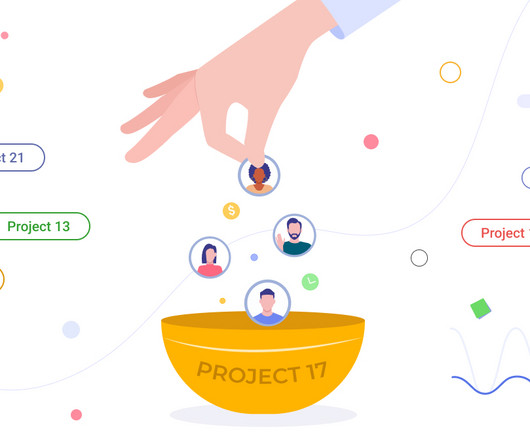Workflow Breakdowns in Larger Firms: Why They Happen, What to Do About Them
Emerson Consulting Group
JANUARY 20, 2021
Efficiency in business comes down to reaching goals with the highest degree of quality and speed possible. When workflow breaks down and this efficiency fails, it’s worth questioning why it happened and how to prevent it in the future. If the hands and feet, eyes and ears don’t coordinate, the body can’t move efficiently.




































Let's personalize your content